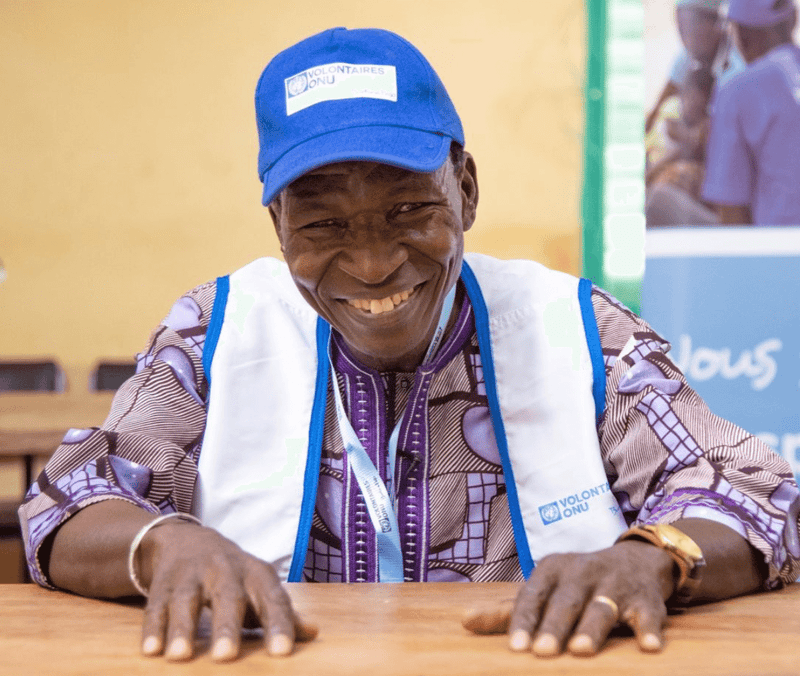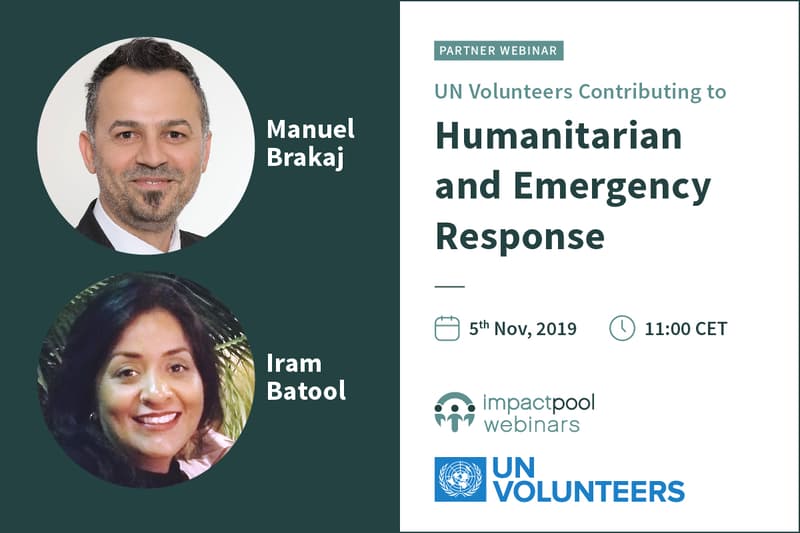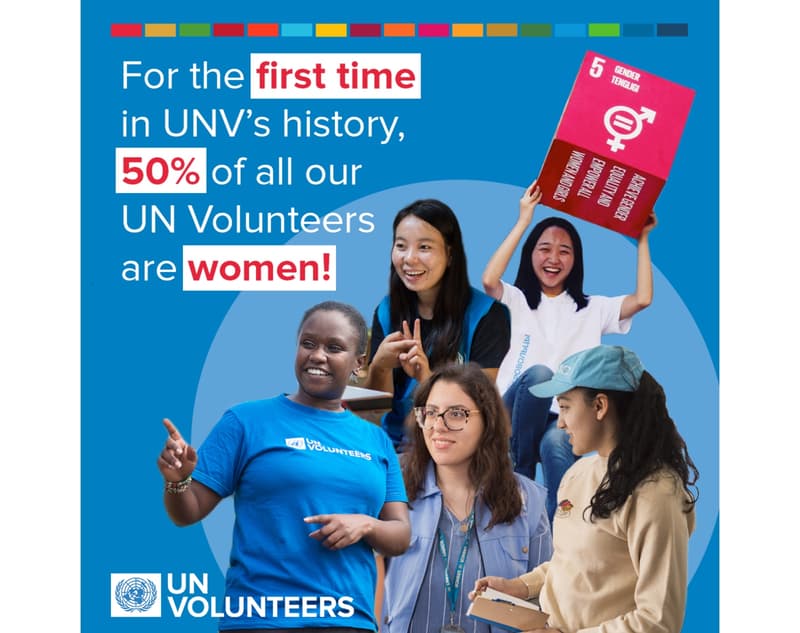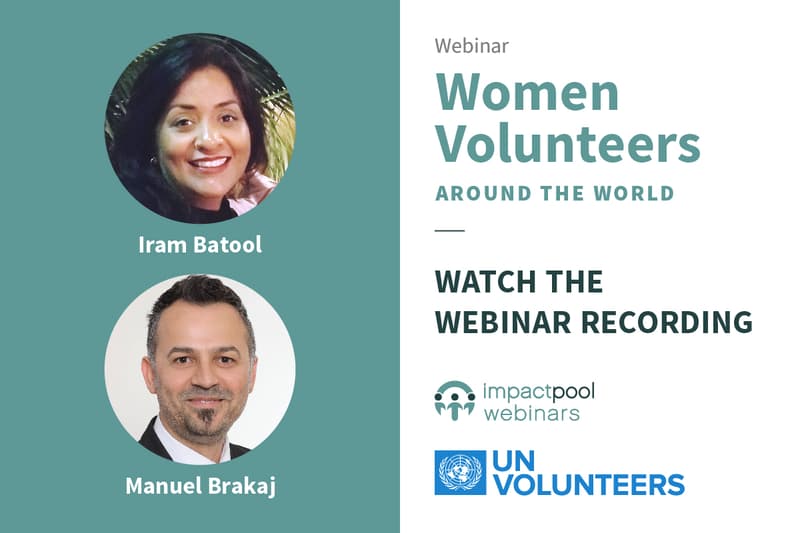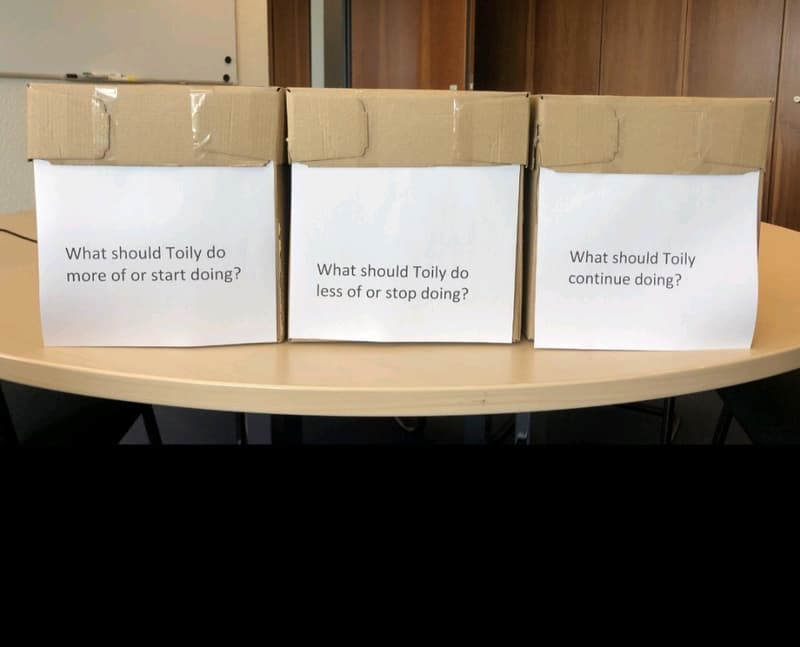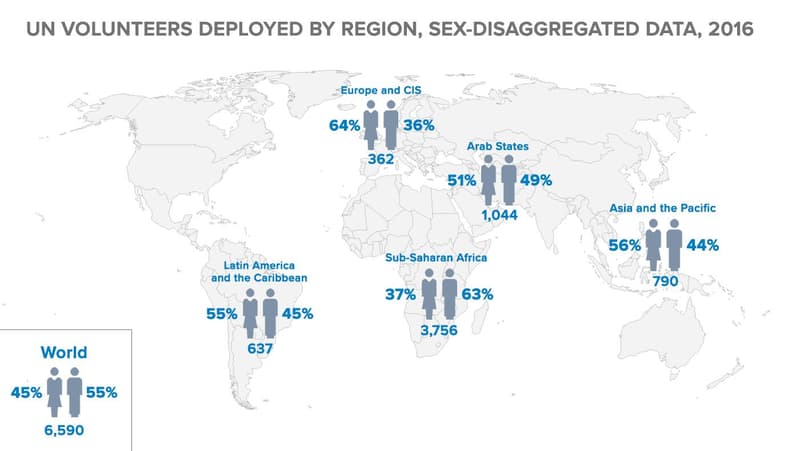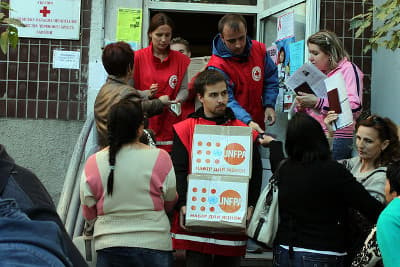Communications Officer GCF and CAWEP
Harare
- Organization: UNV - United Nations Volunteers
- Location: Harare
- Grade: Level not specified - Level not specified
-
Occupational Groups:
- Environment
- Communication and Public Information
- Climate Change
- Natural Resource Management
- Closing Date: 2023-12-01
Details
Mission and objectives
In support of the Government of Zimbabwe, the United Nations Development Programme (UNDP) has embarked on the implementation of a five-year Country Programme Document (CPD) 2022-2026. UNDP focuses on areas that have a multiplier effect through a targeted build-up of capacities, policies, the creation of dialogue space, and scalable downstream interventions. Proposed downstream interventions will seek to provide platforms for citizen engagement in democratic processes and facilitate access to skills, knowledge and new technologies for increased income generation. In so doing, UNDP Zimbabwe renders its support through the following three programmatic areas: 1. Democratic Governance 2. Inclusive Growth and Sustainable Livelihoods 3. Climate Change and Resilience Building
Context
UNDP Zimbabwe is working with the Foreign Commonwealth and Development Office (FCDO) in Zimbabwe to support the Government of Zimbabwe attain its climate goals through the Climate Adaptation Water and Energy Programme (CAWEP). The CAWEP programme aims to support vulnerable communities and institutions’ adaptation and resilience capacity to climate shocks. Through this programme UNDP and FCDO is supporting the development of climate resilient, multiple use water and renewable energy infrastructure in vulnerable communities of Zimbabwe to enable (i) continued access to water for productive and household use, including during droughts and floods, and (ii) improved access to clean and affordable energy to support economic activities with the intention of supporting more sustainable livelihoods’ outcomes. The project will align and contribute towards the Government of Zimbabwe's (GoZ) climate change priorities outlined in various strategies, such as its National Development Strategy, Nationally Determined Contributions, National Climate Change Policy. The Government of Zimbabwe received funding from the Green Climate Fund (GCF) for the project, “Building climate resilience of vulnerable agricultural livelihoods in southern Zimbabwe.” The objective of the project is to strengthen resilience of agricultural livelihoods of vulnerable communities, particularly women, in southern Zimbabwe in the face of increasing climate risks and impacts. The project will contribute to the following GCF Fund-level impacts for adaptation: 1.0 “Increased resilience and enhanced livelihoods of the most vulnerable people, communities and regions” and 2.0 “Increased resilience of health and well-being, and food and water security” for vulnerable smallholder communities in southern Zimbabwe. The project outcome will strengthen the adaptive capacities of vulnerable smallholder farmers, especially women, to climate change induced impacts on their agroecosystems and livelihoods through revitalization of irrigation schemes, upgraded water and soil moisture management and water use efficiency, climate-resilient agriculture, improved access to climate information and markets, and partnerships with public and private sector actors. To achieve these outcomes the project proposes to overcome the identified barriers through implementation of the following three interlinked Outputs, using GCF and co-financing resources: (i)Increased access to water for climate-resilient agriculture through climate-resilient irrigation systems and efficient water resource management; (ii)Scaled up climate-resilient agricultural production and diversification through increased access to climate-resilient inputs, practices, and markets; and (iii) Improved access to weather, climate and hydrological information for climate-resilient agriculture. Implemented through the Ministry of Lands, Agriculture, Fisheries, Water and Rural Development (MoLAFWRD) in partnership with UNDP for 7 years from June 2020 to May 2027, the project intervention builds the climate resilience of vulnerable agricultural livelihoods initially with 6,900 dryland and 630 irrigation lead farmers in 15 districts across three provinces of Manicaland, Masvingo and Matabeleland South.
Task description
Under the direct supervision of The Project Managers, with oversight support from the Poverty Reduction, Environment and Climate Change (PRECC) team leader. the UN Volunteer will provide support to the implementation of the projects Climate Adaptation, Water and Energy Programme (CAWEP) and the Building climate resilience of vulnerable agricultural livelihoods in southern Zimbabwe Project. The UNV will undertake the following tasks: • Support the projects to raise their profiles, and the results they generate, nationally, regionally and internationally. • Contribute to communicating project results and ensure that key stakeholders are kept regularly informed of project outcomes and outputs, and that this awareness is used to encourage and maintain active stakeholder participation and support and nurture a sense of national and local ownership of the project outcomes; • Support in capturing and disseminating project stories and lessons learnt, using a diversity of media formats, in ways that contribute to the development of best practices and knowledge management locally. • Assistance at public events such as roundtable discussions, seminars, press conferences, briefing sessions, and interviews, conferences, publicity/outreach events, campaigns and promotional opportunities, especially UN events. • Contribute to creating and packaging key messages and communication products according to the Communications Strategy and Action Plan, and in response to emergent opportunities; • Contribute to the development and maintenance of a communications and knowledge management system for the projects; • Support social media portfolios, including at least monthly releases via UNDP global social media platforms; • Support publications of at least two human interest photo-stories annually on national or international platforms • Support the development of communications materials for Technical Committee Meetings and Project Board meetings; and • Support project site M&E and learning missions. • Participation in training for the communications personnel from the Responsible Partners on effective communications and advocacy. • Closely work with donor(s) communication experts for cross-learning • Arrangement of briefings and regular meetings with other UN agencies in the CO and with national and international media. • Any other related tasks as may be required or assigned by the supervisor.

